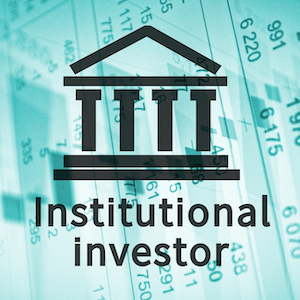Because of regulatory, complexity, and suitability concerns, our AI-powered Alphament trading strategy is available to institutional clients through licensing or partnership only. The firms that could greatly benefit from the Alphament strategy include Hedge Funds (for long and short strategy), High-Frequency Trading Firms (for day-trading), Portfolio Managers (for long-term buy-sell validation), and institutional investors (for outsourced advisory benchmarking).
|
A hedge fund is a pooled investment fund that trades in relatively liquid assets and can make extensive use of more complex trading, portfolio construction, and risk management techniques in an attempt to improve performance. For example, Alphament strategy can be readily utilized by hedge fund managers to validate short-selling decisions for the stock or ETF of interest.
|
|
High-frequency trading is a type of algorithmic financial trading characterized by high speeds, high turnover rates, and high order-to-trade ratios that leverages high-frequency financial data and electronic trading tools. Alphament strategy is readily available for high-frequency traders to make short-term trades for any highly liquid stocks or ETFs when such opportunities are detected by the Alphament trading machine.
|
|
A portfolio manager is a professional responsible for making investment decisions and carrying out investment activities on behalf of vested individuals or institutions. The most common challenge facing a portfolio manager is how to avoid unlucky timing in making a buy or a sell action. Alphament machine is an effective validation tool to help a portfolio manager avoid making bad trading mistakes.
|
|
A public equity institutional investor is an entity that pools money to purchase liquid stocks or ETFs. Institutional investors include banks, credit unions, insurance companies, pension funds, hedge funds, REITs, investment advisors, endowments, and mutual funds. Asset management outsourcing is common for institutional investors to diversify and achieve the defined investment objective.
It is crucial to effectively evaluate the performance of outsourced advisors. The Alpha strategy provides benchmarking tools for institutional investors in selecting better advisors. It may be more beneficial to consider in-house asset management using the Alphament strategy directly for better performance and lower operating costs. |




